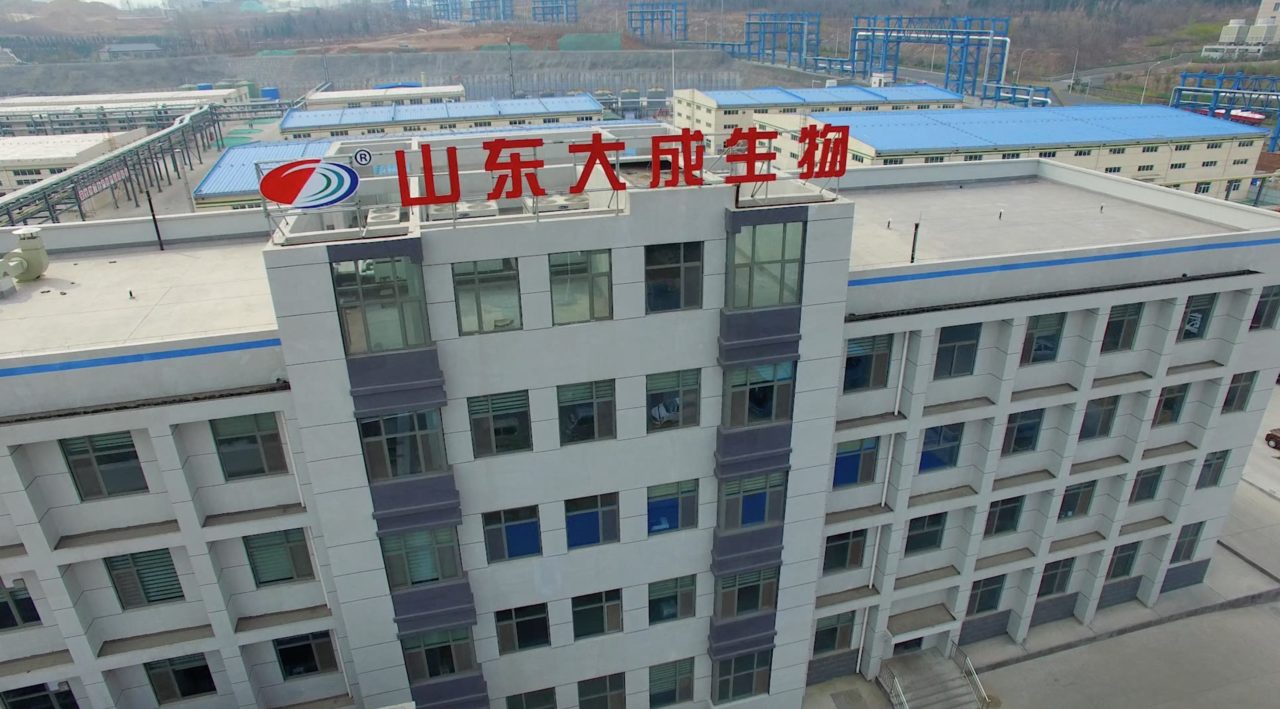Bayer to Increase Footprint in Africa
Bayer CropScience is increasing its footprint in Africa, as it engages in public-private partnerships, expands its network and helps raise agricultural productivity on the continent by increasing access to crop inputs.
“Today, around 20% of our annual sales in Africa is achieved with new products launched in 2013, and we aim to further increase this percentage to 90% by 2020,” Marc Reichardt, head of Agricultural Commercial Operations, said at the 3rd AGCO Africa Summit in Berlin this week. He said that Bayer is committed to “vigorously defending its intellectual property rights and to preventing illegal trade in crop protection products.” The company said it is working to combat counterfeiting of its products not only to protect its own competitiveness, but also on behalf of customers, consumers and the environment.
“Harmonization of existing regulations and data protection are needed to help us succeed in our fight, because too many illegal and non-registered products are still circulating freely in Africa,” Reichardt added.
Reichardt explained how the company’s tailored offerings, such as small-sized packs of crop protection products, are geared to the needs of African farmers. Bayer is also testing improved rice seed varieties and has already started breeding activities on cotton seeds for the African market.
Bayer, which has six legal entities and two representative’s offices in eight African countries as well as a wide range of successful cooperations with distributors and other partners in the food value chain, plans to establish new legal entities in Ivory Coast and Nigeria and offices in Ethiopia and Zambia by 2015. It expects to increase its headcount across Africa by more than 40% through 2015.
Reichardt called for further public investments in social services and infrastructures, especially transportation, distribution networks, agricultural research and development to improve agricultural production in Africa.






